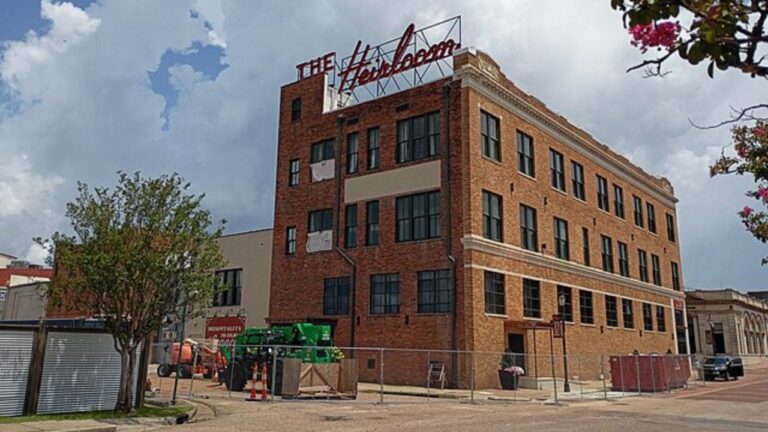Mistakes That Make Every Project Take Longer
Some projects drag on for days—not because they’re hard, but because of habits that slow everything down. Here’s what usually gets in the way.
Starting Without a Plan

Jumping into a build or fix without thinking through the steps almost always leads to backtracking.
You’ll end up making extra cuts, missing measurements, or running to the store halfway through. Sketch it out or write down what you need before you start—it saves way more time than it takes.
Working With Dull Tools

A dull saw blade or a weak drill bit makes every job harder.
It takes longer to cut or drill, you burn through more battery or power, and you’ll likely mess up the material in the process. Check your blades and bits before you even set up.
Not Prepping the Workspace

Trying to work around junk, poor lighting, or an uneven surface slows you down big time.
Clear the area, lay out your tools, and make sure your cords or batteries are good to go before you begin. It’s a 5-minute step that saves hours.
Skipping Safety Gear

Getting poked, burned, or injured mid-project grinds everything to a halt.
Wearing gloves, glasses, or a mask might feel like a hassle, but it keeps you from having to deal with splinters, trips to the sink, or worse. It’s faster to stay protected than it is to clean up blood or recover.
Using the Wrong Tool

Forcing a job with a tool that wasn’t made for it slows you down and makes the work sloppy.
There’s a reason a miter saw exists instead of using a circular saw for every angle. Use what’s right—even if it means switching halfway through.
Forgetting to Charge Batteries

There’s nothing worse than being halfway through a project and realizing your backup battery’s dead too.
Charge everything the night before, and keep an extra on the charger while you work. That downtime waiting for a battery to juice up adds up fast.
Guessing Instead of Measuring

Eyeballing something might work once or twice, but it rarely works well.
Bad cuts, uneven shelves, or holes in the wrong spot usually mean redoing things entirely. Measuring twice really is faster in the long run.
Trying to Rush

When you’re in a hurry, you make mistakes. Then you have to stop, redo, or fix something that could’ve been avoided.
Slow down a little, do it right the first time, and you’ll actually finish sooner. That extra care pays off.
Overcomplicating the Project

Sometimes we add too many features, angles, or fancy upgrades that don’t actually help.
Stick to what’s necessary. You can always add later. Trying to be too clever at the start usually just bogs you down.
Not Cleaning Up As You Go

Letting trash, sawdust, and tools pile up while you work gets in your way.
You spend more time looking for things or tripping over stuff. A quick clean-up between steps keeps you moving and focused.
*This article was developed with AI-powered tools and has been carefully reviewed by our editors.







